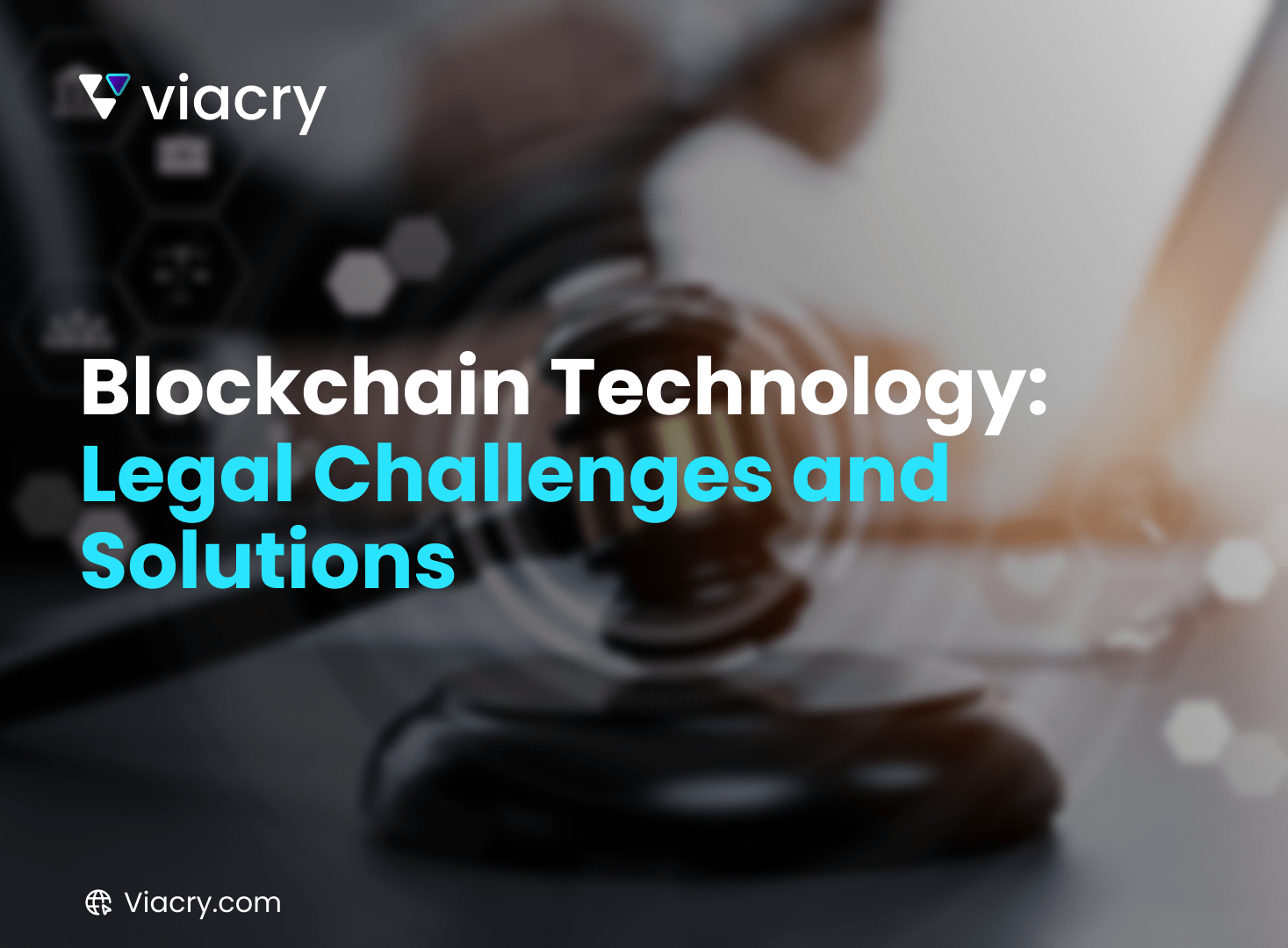Blockchain technology is revolutionizing industries with its promise of enhanced security and transparency. However, its rapid adoption brings significant legal challenges, including regulatory compliance, intellectual property protection, and the enforceability of smart contracts.
Regulatory Landscape and Compliance Issues
The regulatory landscape for blockchain technology is rapidly evolving, with significant variations across jurisdictions. In the United States, agencies like the SEC, CFTC, and FinCEN each have their own rules, creating a fragmented regulatory environment.
Overview of Current Regulations: U.S. regulations are fragmented, with the SEC focusing on securities, the CFTC on commodity futures, and FinCEN on AML and KYC requirements. This creates a complex compliance environment for blockchain businesses.
Compliance Challenges: The lack of a unified regulatory framework leads to uncertainty and increased compliance costs. Companies must navigate multiple regulations and consider international laws. Rapid technological advancements also outpace regulatory updates, creating legal ambiguities and potential liabilities.
Future Regulatory Trends: Future trends include greater regulatory clarity and harmonization, with efforts to develop standardized frameworks. There is also a growing emphasis on consumer protection and data privacy, especially in sectors like healthcare.
While the current regulatory landscape is complex, ongoing efforts aim to create a more stable and predictable environment for blockchain businesses.
Intellectual Property and Blockchain
Protecting blockchain innovations is crucial for fostering innovation and maintaining competitive advantage. However, the unique nature of blockchain technology presents specific challenges in intellectual property (IP) enforcement.
Protecting Blockchain Innovations
Blockchain innovations can be protected through patents, copyrights, and trade secrets. Patents are particularly valuable for protecting novel blockchain algorithms and protocols. Copyrights can safeguard the software code, while trade secrets can protect proprietary processes and technologies.
Challenges in IP Enforcement
Enforcing IP rights in the blockchain space is challenging due to the decentralized and transparent nature of the technology. The global reach of blockchain networks complicates jurisdictional enforcement, and the open-source ethos prevalent in the blockchain community can lead to unauthorized use and distribution of IP.
Practical Strategies for IP Protection
- Patent Filings: Secure patents for unique blockchain innovations to prevent unauthorized use and provide a legal basis for enforcement.
- Trade Secret Management: Implement robust internal controls to protect trade secrets, including non-disclosure agreements (NDAs) and employee training.
- Monitoring and Enforcement: Regularly monitor the market for potential IP infringements and take swift legal action when necessary.
- Collaborations and Licensing: Engage in strategic collaborations and licensing agreements to leverage IP while mitigating enforcement challenges.
While protecting IP in the blockchain space is complex, a combination of patents, trade secrets, and proactive enforcement strategies can effectively safeguard blockchain innovations.
Legal Implications of Smart Contracts
Smart contracts are self-executing contracts with the terms directly written into code. They play a crucial role in automating transactions and ensuring trust in blockchain ecosystems.
Importance of Smart Contracts
Smart contracts eliminate the need for intermediaries, reducing transaction costs and increasing efficiency. They ensure transparency and trust, as the contract terms are immutable and automatically enforced by the blockchain network.
Legal Enforceability
The legal enforceability of smart contracts is still evolving. While they are recognized in some jurisdictions, their enforceability depends on meeting traditional contract law requirements, such as offer, acceptance, and consideration.
Resolving Disputes
- Arbitration Clauses: Include arbitration clauses for predefined dispute resolution.
- Oracles: Use oracles for accurate external data inputs.
- Hybrid Contracts: Combine traditional legal contracts with smart contracts for clarity and automation.
While smart contracts offer efficiency and trust, their legal enforceability and dispute resolution require careful planning within existing legal frameworks.





